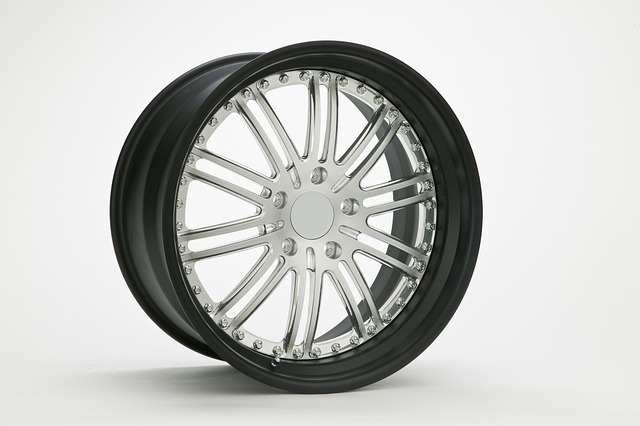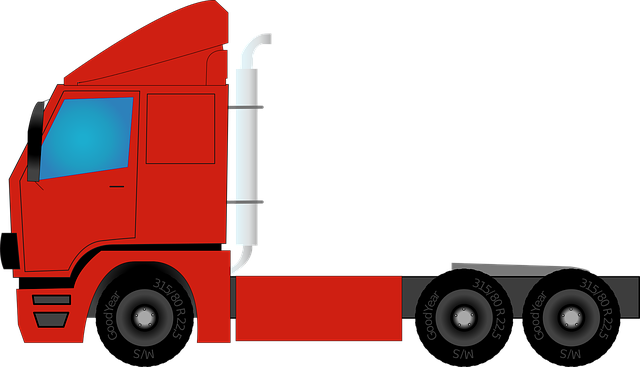“Registering a car in California involves understanding the VIN (Vehicle Identification Number) verification process, gathering essential documents, and selecting the right registration type. This comprehensive guide walks you through each step, from decoding your VIN using a reliable vin verifier to overcoming common challenges. Ensure a smooth experience by knowing what to expect and having all your paperwork in order. Let’s dive into the details of car registration in California.”
- Understanding the Vehicle Identification Number (VIN) Verification Process in California
- Gathering Necessary Documents for Car Registration
- Choosing an Appropriate Registration Type and Fee Payment
- Submitting Your Application and Waiting for Processing
- Common Challenges and How to Resolve Them During Car Registration in CA
Understanding the Vehicle Identification Number (VIN) Verification Process in California

In California, understanding the Vehicle Identification Number (VIN) verification process is crucial for a seamless car registration. The state’s Department of Motor Vehicles (DMV) requires a valid and accurate VIN as part of the registration procedure. This unique identifier is used to track vehicle history, which is essential for ensuring that every registered car meets safety and environmental standards. A reliable vin verifier plays a significant role in this process by cross-referencing the provided VIN with national databases to confirm its authenticity.
California residents can opt for traditional vin inspection at a certified facility or choose more convenient options like mobile vin verification. This innovative service allows owners to get their VIN checked from virtually anywhere, making the registration process quicker and more accessible. Whether through a stationary or mobile vin inspection, ensuring the accuracy of your vehicle’s VIN is paramount before proceeding with car registration in California.
Gathering Necessary Documents for Car Registration

Before you begin the registration process, it’s crucial to gather all the essential documents required by the California Department of Motor Vehicles (DMV). This typically includes your vehicle’s Registration Application (Form DMV-123), a completed Title Transfer form if applicable, and proof of insurance. One vital document that serves as a cornerstone for this process is the Vehicle Identification Number (VIN) verifier, often accessed through a mobile VIN verification service. These services allow for a quick and convenient digital inspection of your vehicle’s history, ensuring all documentation is in order before submission.
Additionally, you’ll need to provide proof of identification, such as a valid driver’s license or state-issued ID card. If the car is being purchased from a dealer, they typically handle the title transfer and can assist with these requirements. For private sales, it’s your responsibility to obtain any missing documents and ensure all information is accurate. Leveraging mobile VIN inspection tools can facilitate this process by offering real-time data on vehicle history, making registration smoother and more efficient.
Choosing an Appropriate Registration Type and Fee Payment

Choosing the right registration type is a crucial step in registering your car in California. Different types cater to various vehicle conditions and ownership scenarios. For instance, if you’re purchasing a used car, opt for a “Transfer of Ownership” registration, which involves updating the records after buying from a private seller or dealership. This process often requires a VIN verifier to ensure the vehicle’s authenticity and history.
Fees vary based on the type of registration and your vehicle’s characteristics. California offers both online and in-person payment options for registration fees. When settling for a mobile vin inspection or mobile vin verification service, remember that these additional services come at an extra cost. Ensure you’re aware of all charges to avoid unexpected expenses during the registration process.
Submitting Your Application and Waiting for Processing

After completing your application for car registration, it’s crucial to submit all required documents, including proof of insurance and vehicle ownership. You can do this online or at a California Department of Motor Vehicles (DMV) office. Once submitted, the DMV will process your application. This step involves verifying essential details, such as your vehicle’s unique Vehicle Identification Number (VIN), which is checked using reliable sources like a mobile VIN inspection or verifier to ensure authenticity and prevent fraud.
During processing, you may receive updates via email or mail. The time frame for this stage can vary, but typically, the DMV aims to complete it within a few business days. It’s advisable to keep an eye on your application status and provide any additional information if requested to expedite the process.
Common Challenges and How to Resolve Them During Car Registration in CA

Car registration in California can often come with its share of challenges, leaving many drivers feeling perplexed. Common issues include misplacing important documents, dealing with out-of-state registrations, or encountering problems with the Vehicle Identification Number (VIN) verification process. Fortunately, these hurdles can be easily overcome with a bit of preparation and knowledge.
One significant challenge is ensuring accurate VIN verification. A mobile VIN inspection or using a mobile VIN verifier can help resolve this issue by allowing drivers to obtain real-time data on their vehicle’s history, including any previous owners or reported damage, directly from their smartphone. This digital approach streamlines the registration process and saves time, especially when dealing with complex cases. By leveraging technology like these mobile verification services, California residents can navigate the registration process smoothly and quickly.
Registering a car in California involves several steps, from VIN verification to document gathering and fee payment. By understanding the process, ensuring all necessary documents are in order, and choosing the right registration type, you can streamline the experience. Common challenges may arise, but with the right knowledge, like utilizing a trusted vin verifier, these can be easily resolved. Remember, a successful car registration is just within your reach by following these guidelines.
